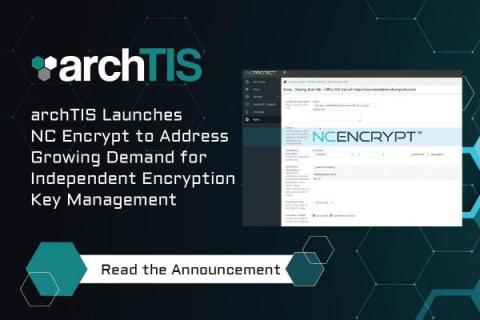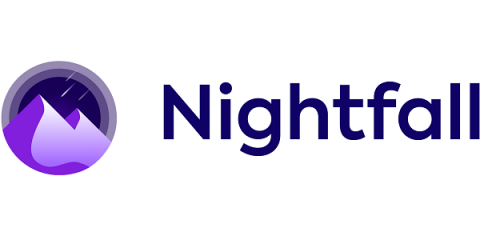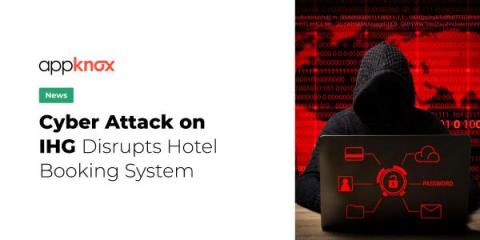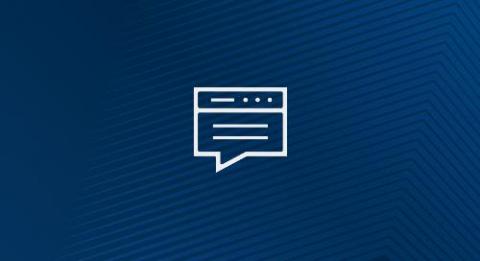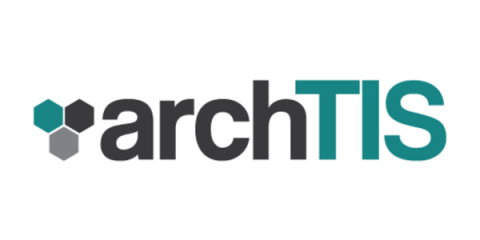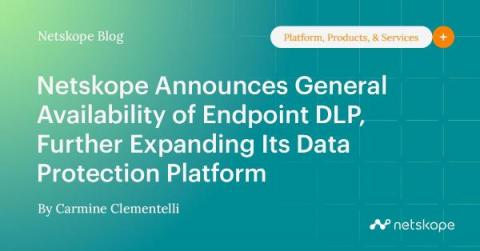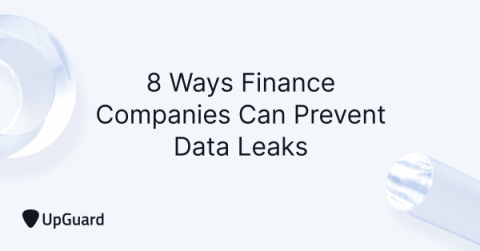Security | Threat Detection | Cyberattacks | DevSecOps | Compliance
Latest News
Uber Investigating Alleged Breach of Critical SaaS and Cloud Security Systems
On Thursday evening, around 6:25 PM, Uber announced that it was responding to a cybersecurity incident. While Uber hasn’t gone into details about what happened, the purported threat actor has openly corresponded with several security professionals, including Sam Curry at Yuga Labs, Corben Leo at Zellic.io and The New York Times. According to both Curry and Leo, multiple systems were impacted.
Cyber Attack on IHG Disrupts Hotel Booking System | Concerns on Private Data Leakage
IHG Hotels & Resorts, the hotel group that owns the Holiday Inn and Intercontinental brands, experienced a cyber attack in the first week of September. The attack has impacted the central hotel’s booking system and mobile apps, causing a service outage for several days. Loyalty program members could not log in or create new bookings during this time.
My Journey Beyond the Perimeter: Why Firewalls Alone Can't Protect Your Data
My first interaction with a firewall was with a TIS Gauntlet that I compiled on a Sun workstation in 1994. Since then, I have worked with firewalls from Checkpoint (back when configuration files were clear text flat files and they only had support out of their headquarters in Israel), Raptor, Pix (when they booted from a 3 ¼” floppy), and finally the Cisco ASAs, FortiGates, and Palo Alto firewalls of today.
How to Correctly Classify Your Data in 2022
Data classification can feel like an overwhelming task, especially for organizations without a strong practice in place. As with any security approach, data classification is both crucial and tempting to avoid. Regardless of whether the value is recognized, there’s a chance that it gets pushed further and further down the priority list in favor of items that are easier to address.
Car Dealerships: Dealers Must Bolster Data Security Under New FTC Rule
As Seen in ITWeb: ABAC vs RBAC: How to create data security, avoid permission creep
Guide to the best data privacy certifications for 2022
According to research by Statista, over 80% of internet users in the US fear that their personal information is vulnerable to hackers. Data privacy defines how organizations and other entities collect data on other individuals, how they process it, for what purposes they collect and process it, how long they keep it, and how they protect it, to name a few. In the modern digital environment, data privacy certifications are essential since they impart the skills needed to become privacy specialists.
Netskope Announces General Availability of Endpoint DLP, Further Expanding Its Data Protection Platform
Today we are proud to announce general availability of our patented cloud-based endpoint data loss prevention (DLP) solution. The release of endpoint DLP expands the already comprehensive Netskope DLP platform and represents a major milestone in data protection, as it enables customers to protect data anywhere, across their hybrid enterprise ecosystem and in the cloud. Let’s look at why this is so important.
8 Ways Finance Companies Can Prevent Data Leaks
The risk of a data breach is exceptionally high for financial organizations. Hackers recognize the high value financial data has on the dark web. Other cybercriminals pay significant amounts to get their hands on customers’ personally identifiable information (PII) and commit lucrative cybercrimes, like identity theft and insurance fraud. One of the most common ways cybercriminals gain access to this data is by exploiting data leaks.


